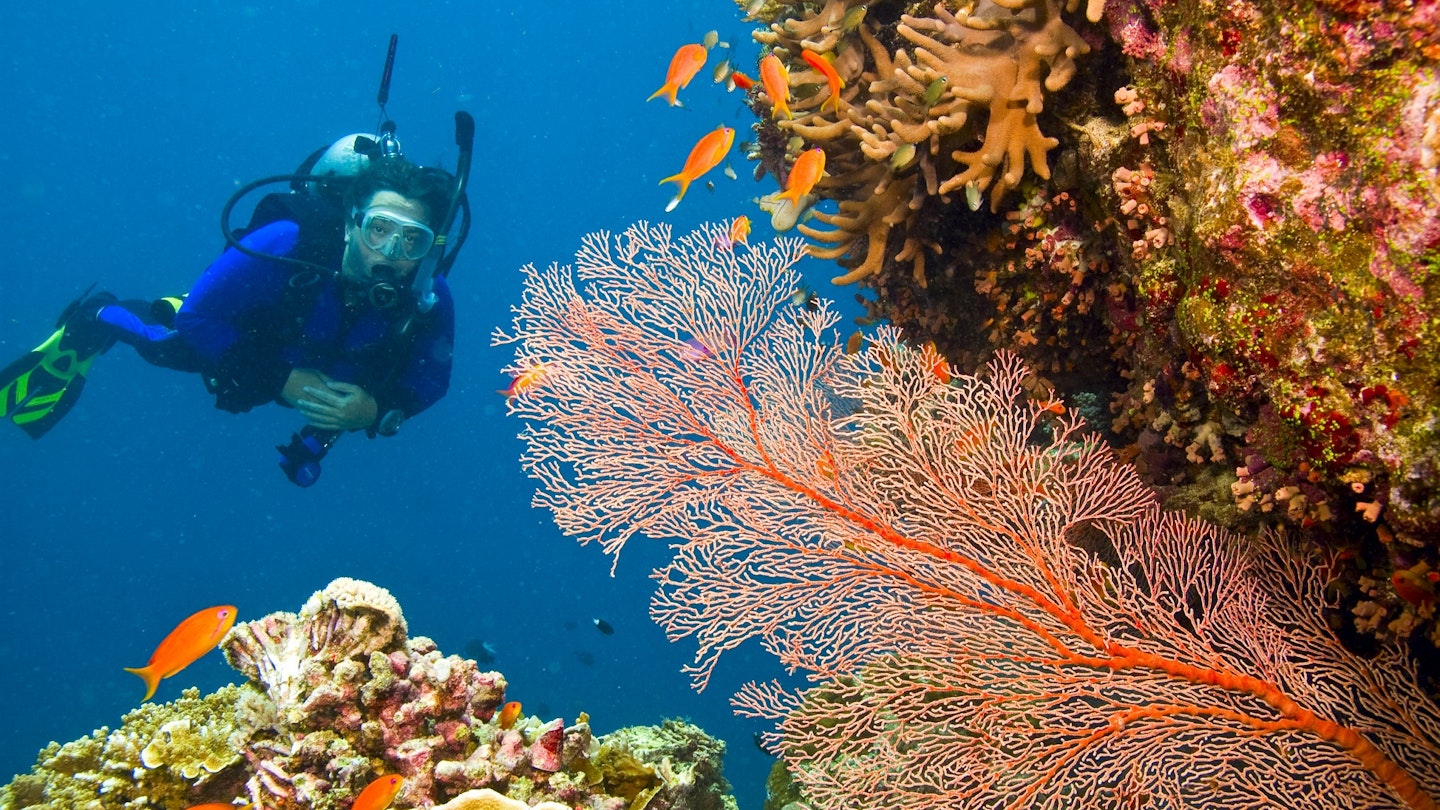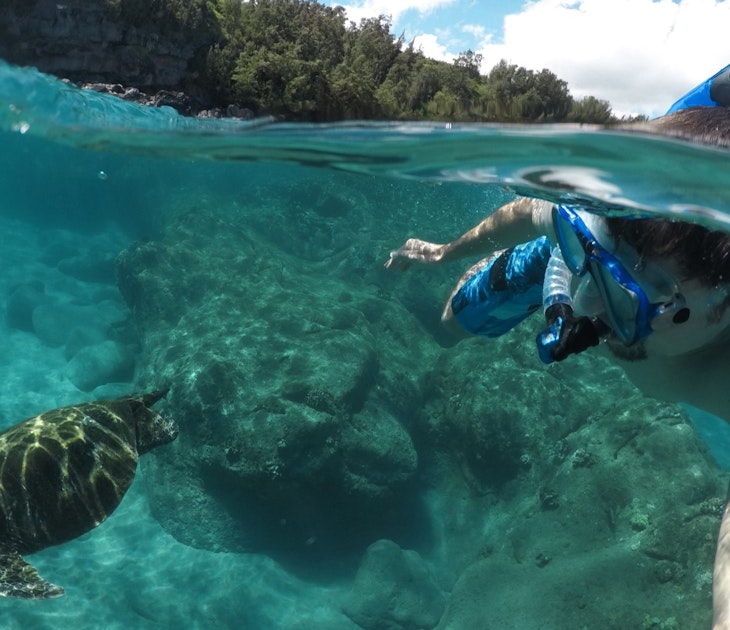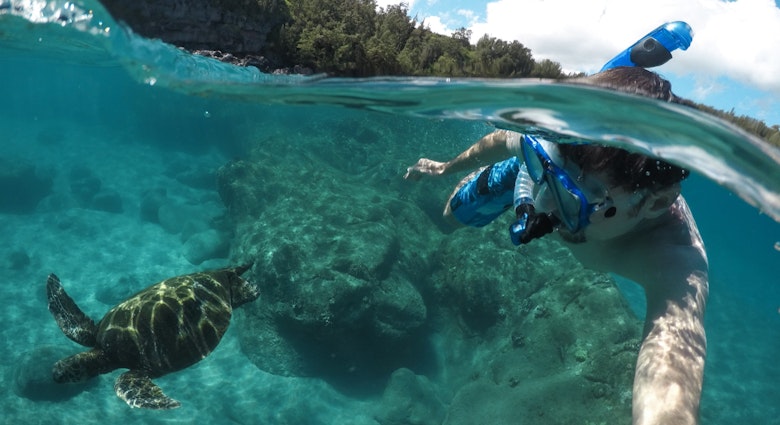New research has indicated that dying coral on the Great Barrier Reef in Australia could be revived by the ambient sounds of healthy coral.
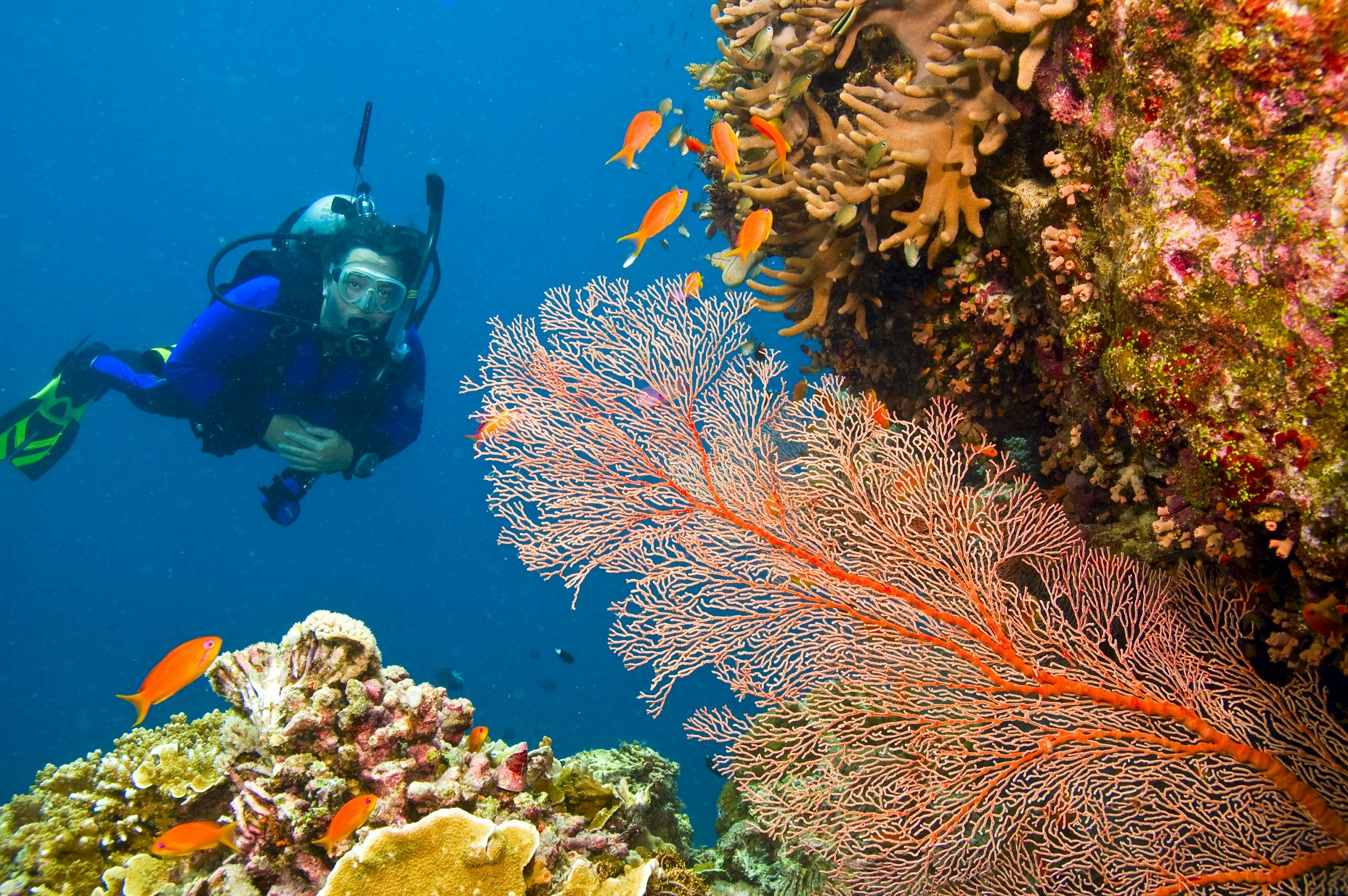
According to a report in Nature Communications, the sounds of healthy reefs can entice fish back to areas where coral has died, helping to clean the reef and make room for new corals to grow. For 40 days, researchers played recordings of noises made by shoals of fish and other sounds taken from healthy regions of reef on underwater speakers at dead patches of coral at Lizard Island. This technique reproduced the sounds that are lost when reefs are quietened by degradation, which is important because juvenile fish home in on these sounds when they're looking for a place to settle.
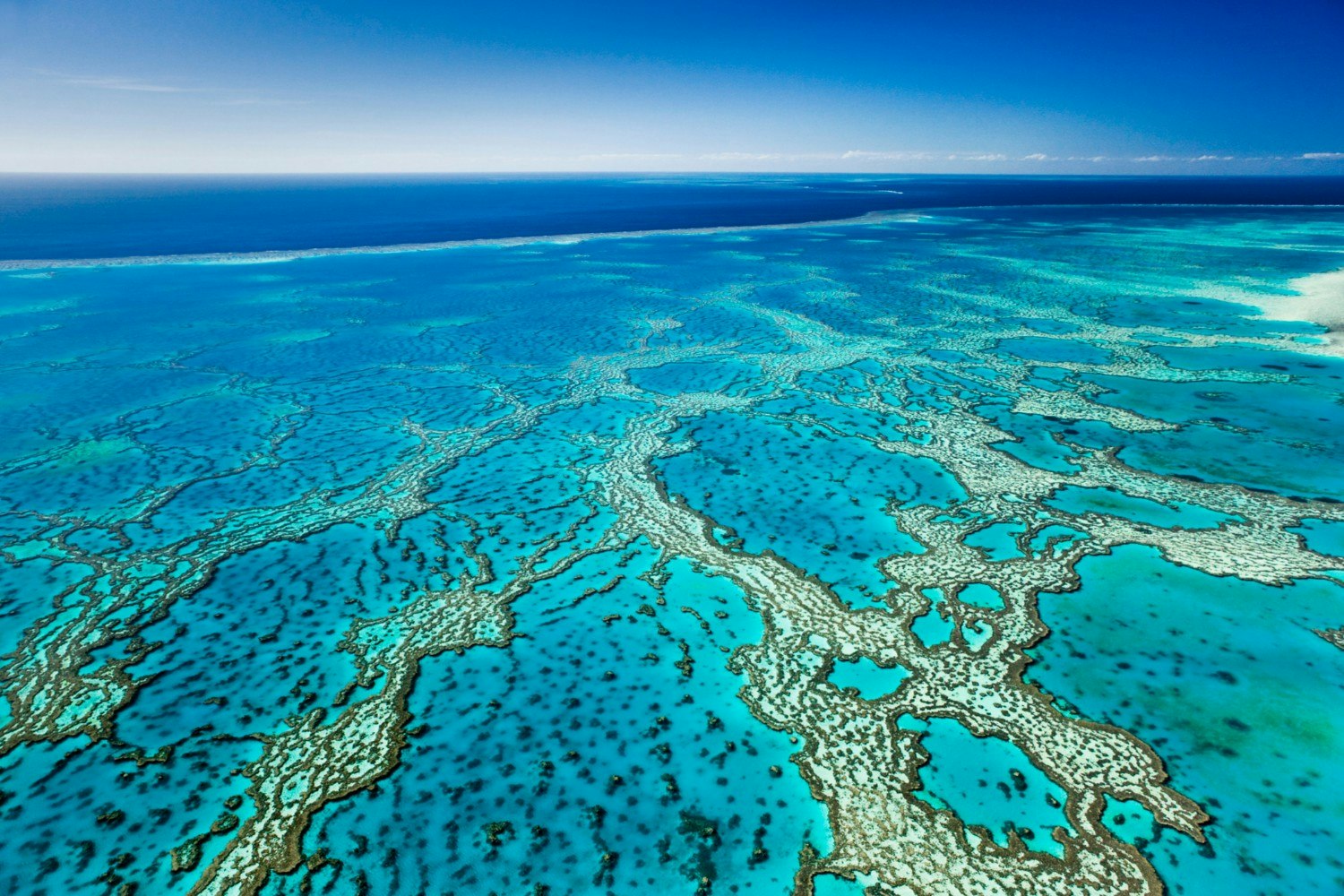
The researchers discovered that the fish numbers doubled and species increased by 50% compared with control sites with no audio. The study was conducted by marine biologist Tim Gordon of the University of Exeter and his colleagues, who set up submarine loudspeakers in patches of dead coral on the recently devastated Great Barrier Reef. The aim of their research is to help restore some of the ecosystem functions to coral reefs that have been damaged from coral bleaching or cyclones. Fish are vital for coral reefs to function as healthy ecosystems, and it is hoped that boosting fish populations in this manner could aid the natural recovery processes.
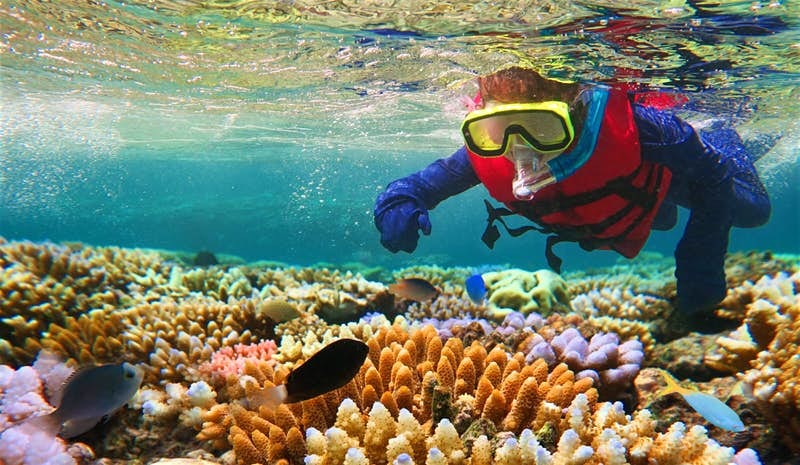
Stressors like climate change, overfishing and pollution still need to be managed, and while attracting more fish won't save coral reefs on its own, new techniques like this could lend more tools in the fight to save precious and vulnerable ecosystems. The researchers say that taking active steps to maintain healthy fish communities will be vital in reversing reef degradation. "Fish perform a diverse suite of important functional processes, meaning that damaged reefs have a higher chance of recovery if they have healthy fish populations," they say.
